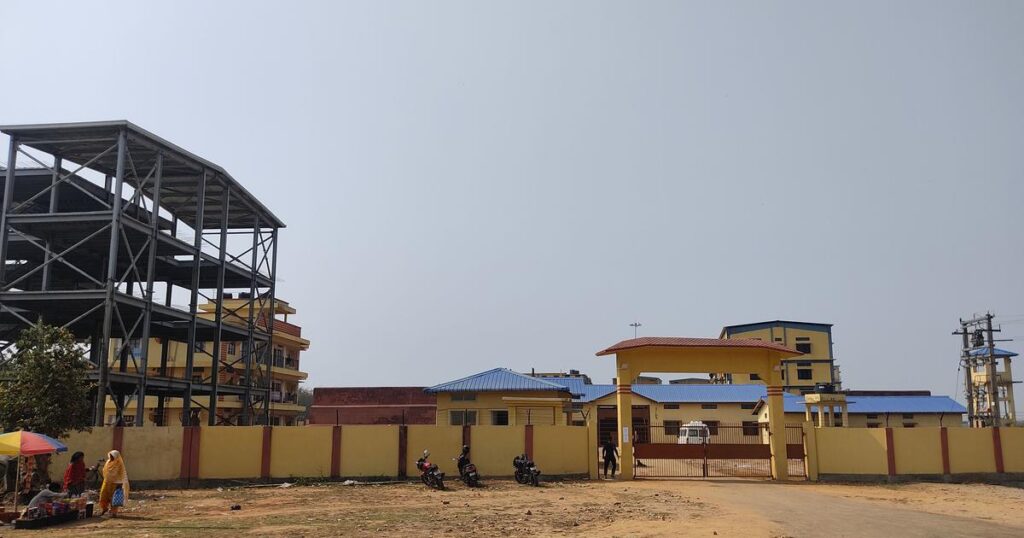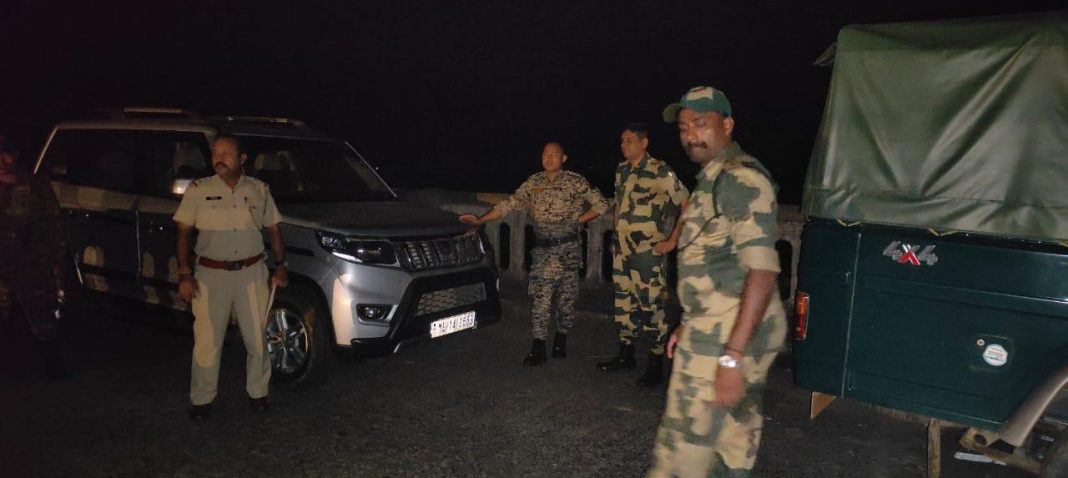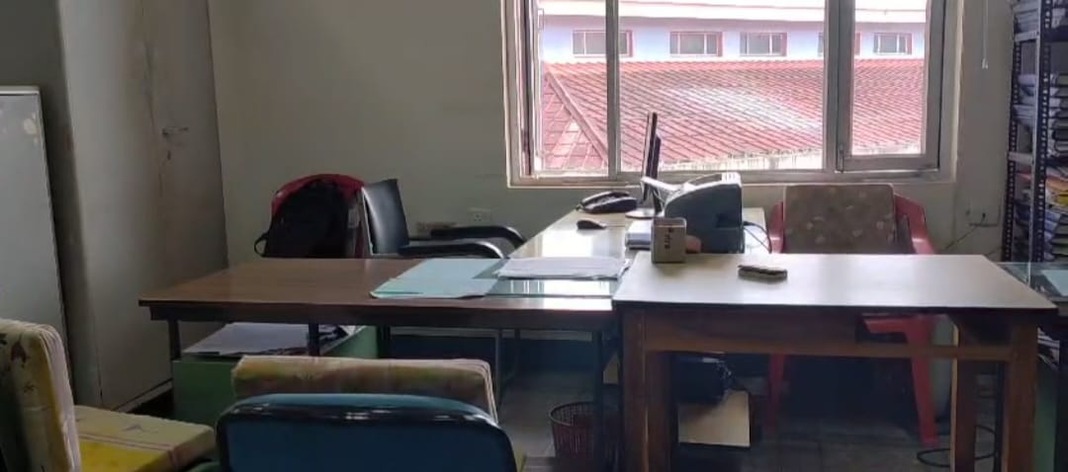Ensure proper facilities in detention camps within a month: SC to Assam
Guwahati, Nov 4: The Supreme Court on Monday directed the Assam government to conduct an immediate inspection of the Matia Transit Camp in Goalpara which houses over 200 detainees identified as illegal infiltrators under the Foreigners Act, 1946.
A Division Bench of the court comprising Justices Abhay S. Oka and Augustine George Masih, expressed serious concern about the camp’s inadequate conditions and instructed the state authorities to promptly address the deficiencies.
Justice Oka emphasized that the conditions at the detention camps were far from satisfactory, as noted in a report from the state’s legal services authority. Highlighting the absence of essential amenities, including a lack of female medical personnel, Justice Oka remarked, “Please ensure that facilities are available,” underscoring the need for immediate improvements.
The court also directed the Assam government to hold a meeting with relevant authorities to ensure that detainees’ basic health and hygiene needs are met.
The apex court has directed the Secretary of the Assam Legal Services Authority (SLSA) to attend an upcoming inspection meeting at the Matia Transit Camp and submit a comprehensive report by December 9.
The court issued these orders during its hearing of a case regarding the treatment of detainees held under the Foreigners Act, 1946, who are either persons with disputed citizenship or declared foreigners by the Foreigners Tribunals.
The court’s directive follows a report from the SLSA, which revealed critical issues at the Matia Transit Camp, Assam’s largest detention centre for declared foreigners. The report outlined significant deficiencies, notably the lack of healthcare services for women detainees, and the absence of educational and vocational resources within the facility.
This inspection comes a month after the court had previously directed the SLSA to conduct unannounced inspections at the Goalpara Detention Camp to assess essential amenities, including hygiene standards and food quality, with a follow-up report submitted within a month. The court’s recent orders reflect a continued emphasis on ensuring detainees’ fundamental rights, particularly regarding health, sanitation, and access to basic resources.
On July 26, the court criticized the inadequate facilities at Goalpara’s detention facility, highlighting poor water supply, insufficient bathrooms, and overall lack of cleanliness. The court also noted that the report on Goalpara’s conditions failed to sufficiently address the quality of food and medical care provided to detainees.
In September, tensions at Goalpara reached a peak when Rohingya and Chin refugees from Myanmar staged a hunger strike to protest their prolonged detention. The detainees sought relocation to the United Nations High Commissioner for Refugees (UNHCR) in New Delhi, with hopes for resettlement in a third country.
The Supreme Court also reprimanded the Assam government over substandard hygiene and other deficiencies at the Matia Transit Camp. Previously, in May, the court had ordered the Central government to deport 17 foreign nationals who had been detained for extended periods without pending criminal charges.
Senior advocate Colin Gonsalves represented the petitioner in this case, while advocate Shuvodeep Roy appeared on behalf of the Assam government.




